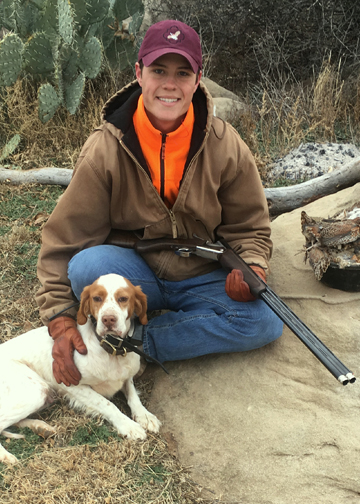
Bradley Kubecka
Texas A&M University - Kingsville
Graduate Research Assistant, M. S. Range and Wildlife Management, Caesar Kleberg Wildlife Research Institute
Population monitoring and habitat suitability of northern bobwhite in the Rolling Plains of Texas
Wildlife management includes 2 main concepts– populations and habitat. My thesis objectives were to (1) determine which population index (e.g., spring cock count, fall covey count, roadside count) is the best predictor of fall bobwhite populations, (2) evaluate whether helicopter surveys are comparable to mark-recapture estimates, and (3) evaluate the effects of woody cover on bobwhite performance among wet- and dry-years in the Rolling Plains.
Preliminary analyses suggest spring and fall call counts are poor predictors of density (e.g., birds / acre), but good predictors of general abundance (e.g., low, high). Roadside counts were the best predictor of fall hunting populations with a relationship comparable to that of helicopter surveys. Bobwhites tended to occupy areas on the landscape with clumpier mottes of woody cover during drought, but smaller woody patches during wet periods. Brush sculpting various woody patch shapes and sizes may be the most appropriate approach for managing brush for quail among years.

